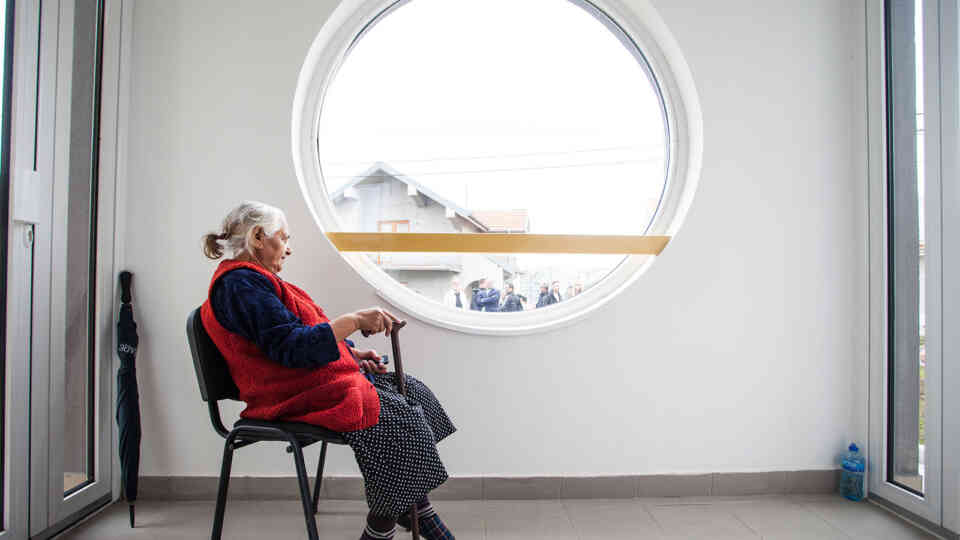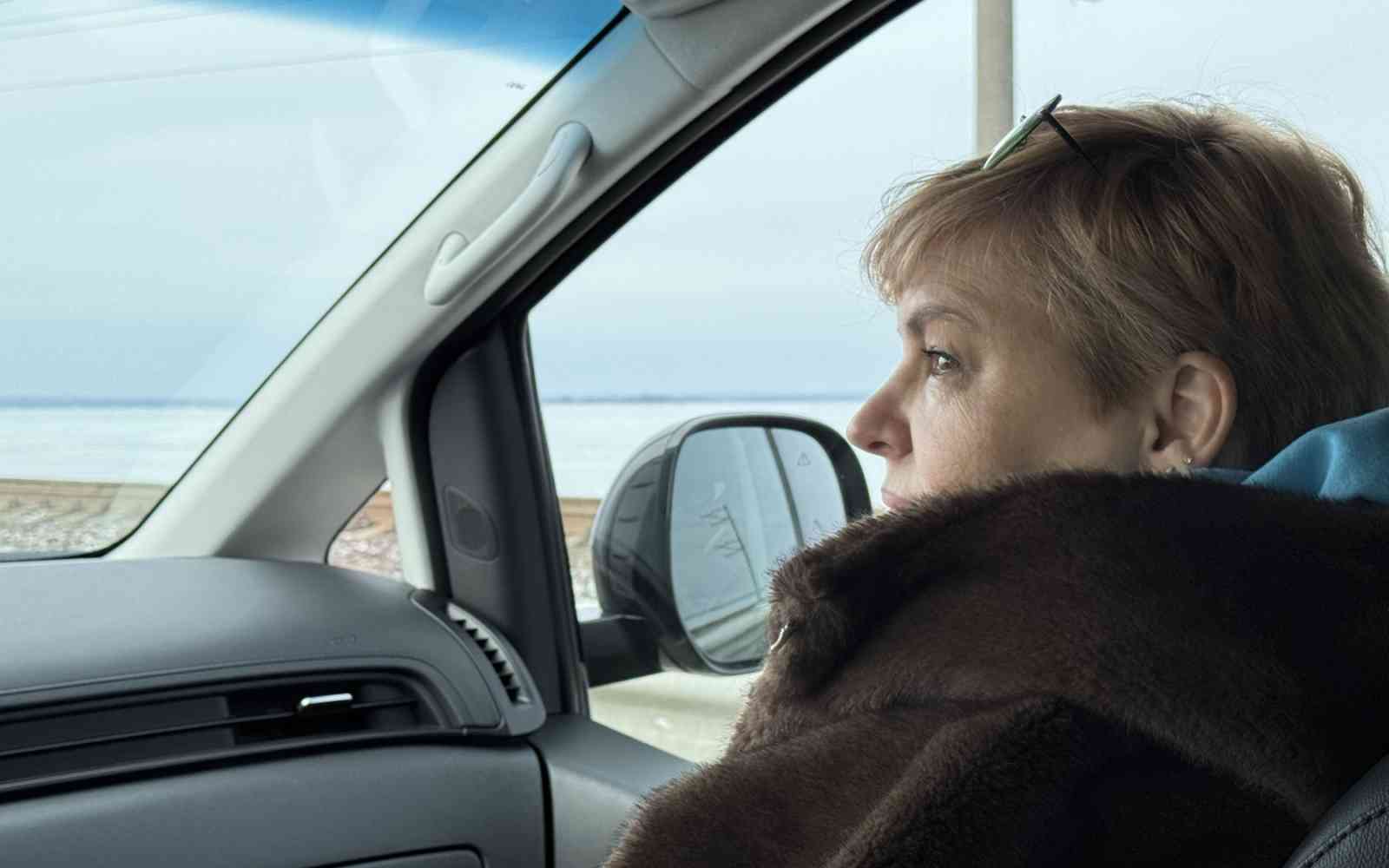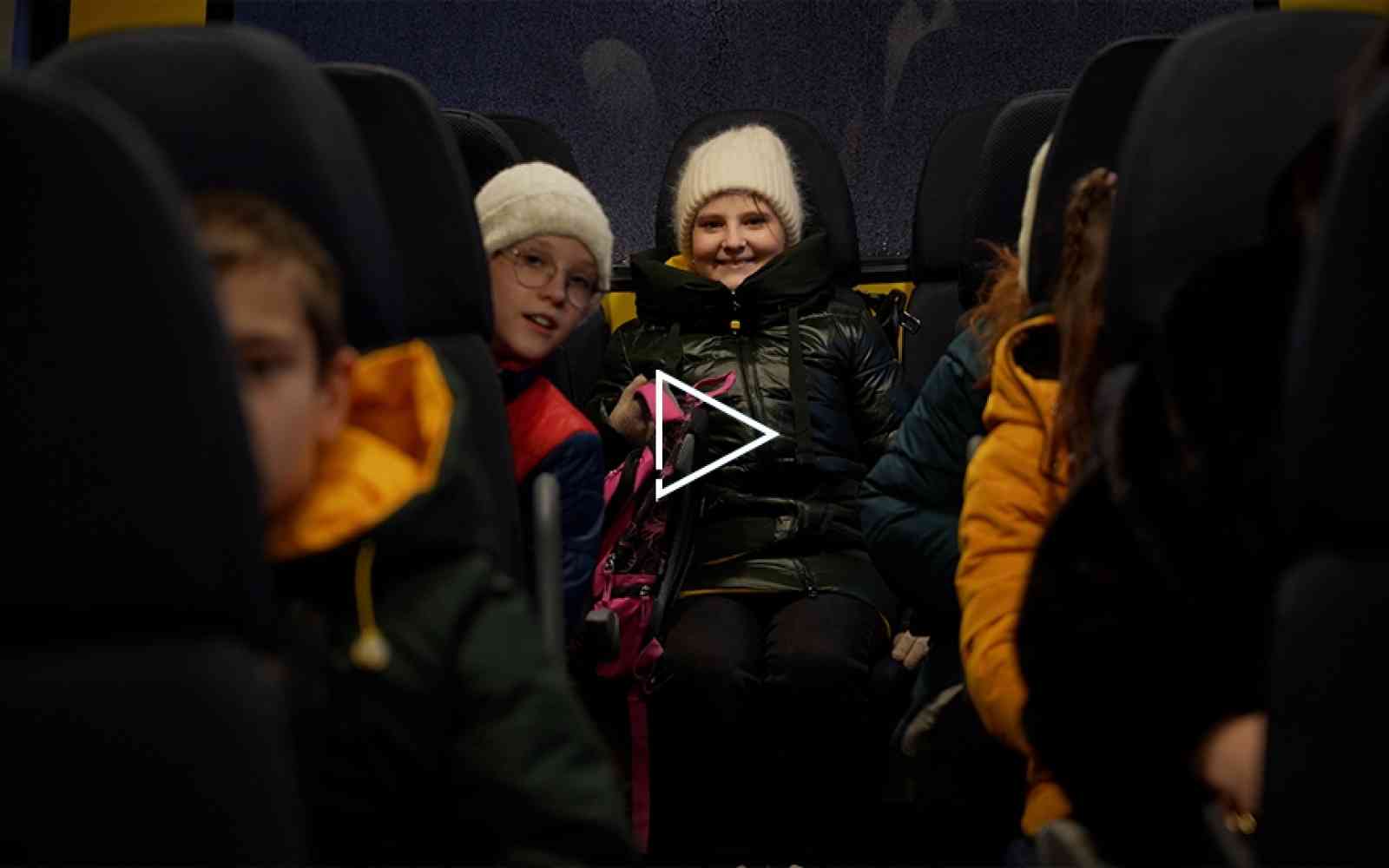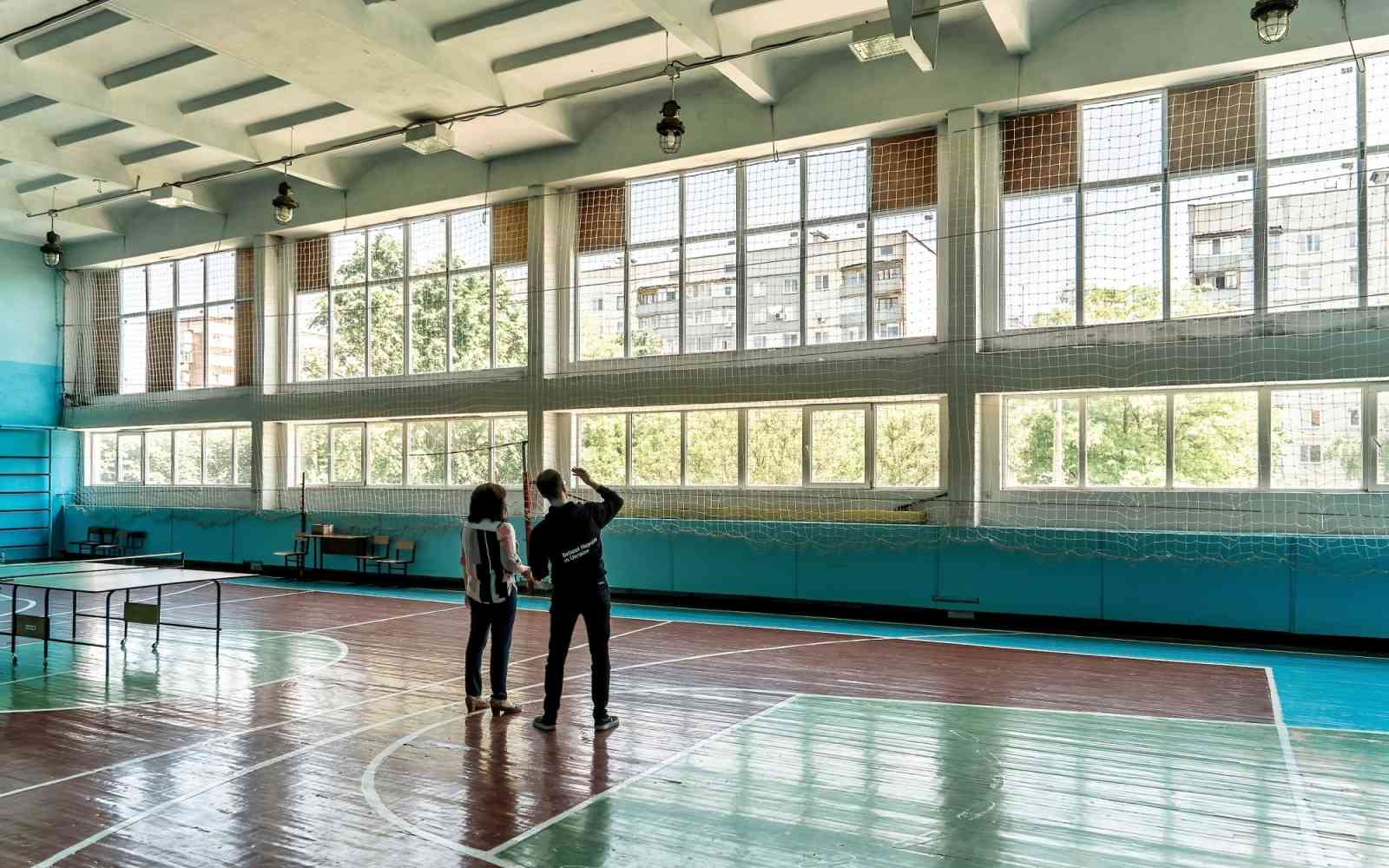The United Nations Office for Project Services (UNOPS)

Supporting social inclusion and developing skills in Serbia
Living with a disability is a reality for people like Dragana Petrović. This often makes it difficult to do the things that many of us may take for granted, like accessing facilities and services.
European PROGRES, a UNOPS-managed development programme funded by the European Union and the Governments of Switzerland and Serbia, is helping strengthen socio-economic development across 34 municipalities in southern Serbia.
The programme's range of activities helps foster social inclusion and local governance to empower local populations in the area, including those whose lives are more vulnerable.
In 2015, a new European PROGRES project was implemented by a local civil society organization, the Muscular Dystrophy Association, based in the city of Leskovac, in an effort to help people who live with this condition.
The first of two phases focused on improving access to medical care and strengthening the capacities of local medical facilities and staff. Particular emphasis was placed on sharing knowledge about respiratory health. The second phase tackled issues of employment and social inclusion.
Before the project began only one doctor in an area populated by almost 400,000 people was qualified to perform Non-invasive Ventilation (NIV). NIV is a set of medical techniques used to prevent respiratory failure, through the rapid delivery of oxygen to the patient via a mouth piece or facial mask. Two seminars, led by a pulmonary specialist, were conducted to train medical staff on the techniques, which led to 33 additional doctors being able to perform these life-saving procedures.
The seminars were well received with one of the physicians commenting: "This is a strong model that includes all stakeholders, like physicians, people with disabilities and their families. It encourages cooperation between service providers and service users."
The second stage of the project helped 23 people with various disabilities learn practical skills like tailoring, knitting, silk-painting and bag-making. A series of four ten-day workshops were organized for groups of approximately 15 participants.
A team of dedicated mentors guided the beneficiaries through creative skills, making sure that each participant's abilities and needs were accounted for in their teaching plans. Beneficiaries began working with the aid of on-site assistants but progressed well and were able to perform all the activities themselves by the end of the workshops.
Together, participants created hundreds of beautiful aquarelles, hand-painted silk scarves, kitchen aprons, rags and tablecloths, with the materials provided through the project. These items were sold at local exhibitions to help generate an income for those who took part in learning these new skills.
Negotiations with the city of Leskovac are underway to ensure that the Muscular Dystrophy Association gets a free permanent stand in the marketplace, where members can continue to sell their creations.
Dragana, who has muscular dystrophy herself, took part in the workshops and is excited about the opportunities they open up. As she told us:
I want all people with disabilities to be able to find a job, to get out of their houses and to show the world that we are capable of contributing to society. I want prejudice to be gone.
Project details
This project was implemented by people who have muscular dystrophy, including the Director of the Muscular Dystrophy Association, Gordana Stojanovic, who said: "You can't know whether a shoe fits, if you haven't tried it on, the same way you can't know what a person with a disability needs if you don't live with a disability."
Through both phases of the project UNOPS provided constant technical support to help ensure sustainability and mitigate risks. All activities were closely monitored and evaluated to make sure that they were implemented according to the project proposal and within budget. Much of the success of the initiative is also due to UNOPS promotion of the project and its results among a wide audience of stakeholders.












